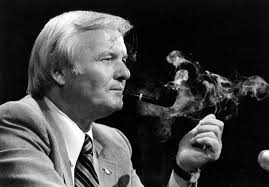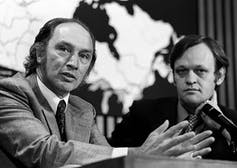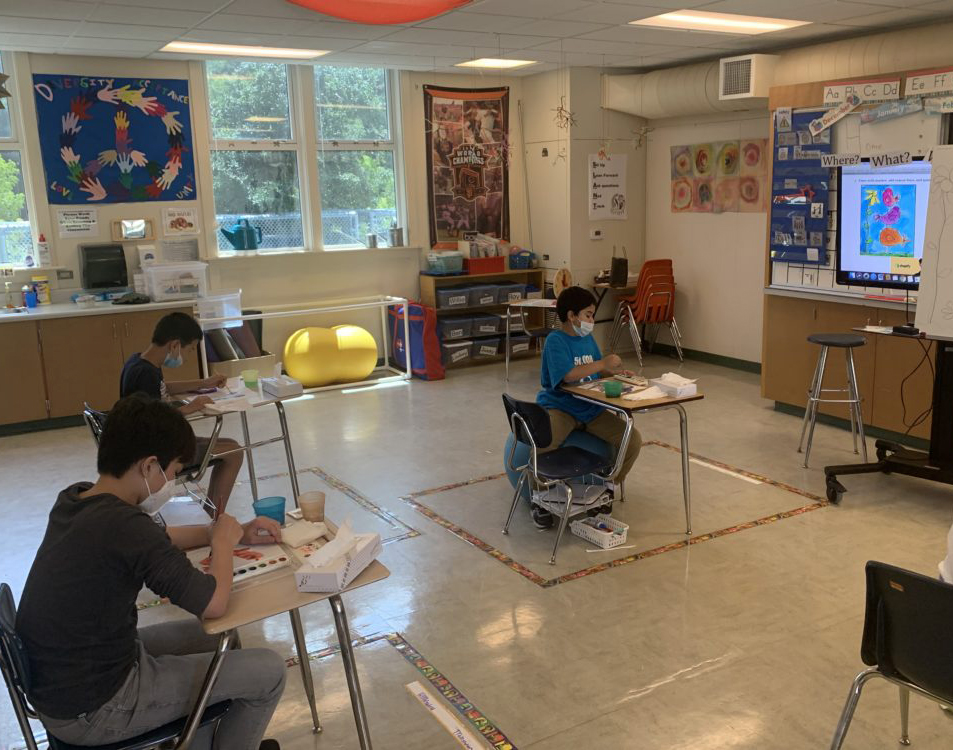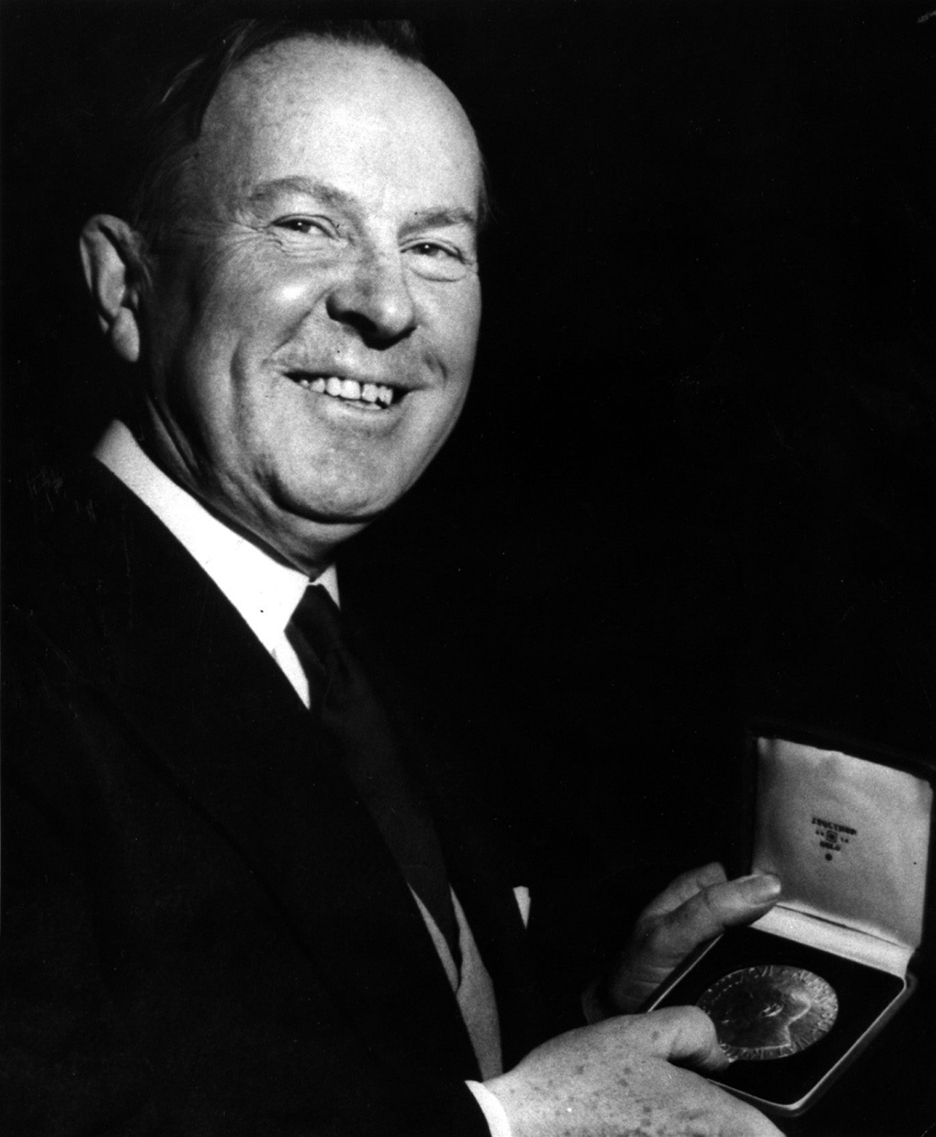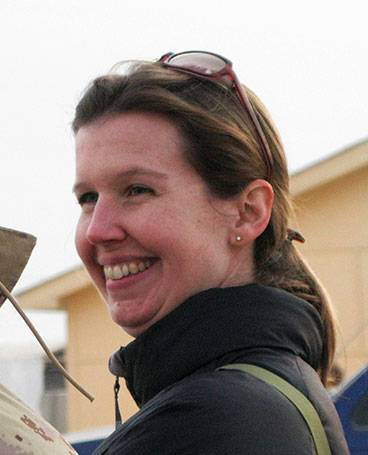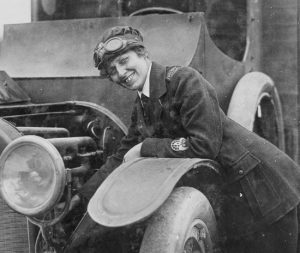
Grace MacPherson had all the credentials she needed to become an ambulance driver in the Great War. The first woman in Vancouver to earn a driver’s licence. The first woman to purchase a car in that city. When war broke out in 1914, she even paid her own way to Britain offering her skills as a driver to the Red Cross ambulance corps.
When she gained an audience with Sam Hughes, Canada’s minister of militia and war in 1917, to plead her case, however, he turned her down.
“I’ll stop any woman from going to France,” Hughes blustered.
“With your help, or without it,” Miss MacPherson said, “I will serve.” (more…)
